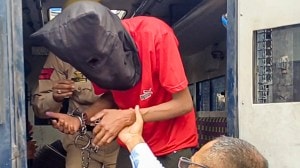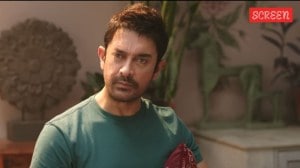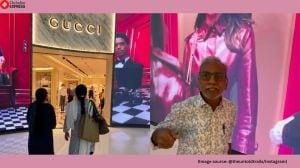Click here to follow Screen Digital on YouTube and stay updated with the latest from the world of cinema.
11-year-old Taylor Swift knocked on every Nashville door, had them slammed in her face; now she writes the rules
Before breaking records, Taylor Swift was just an 11-year-old knocking on Nashville’s doors with demo CDs. 19 years later, she’s rewriting pop culture history on her own terms.
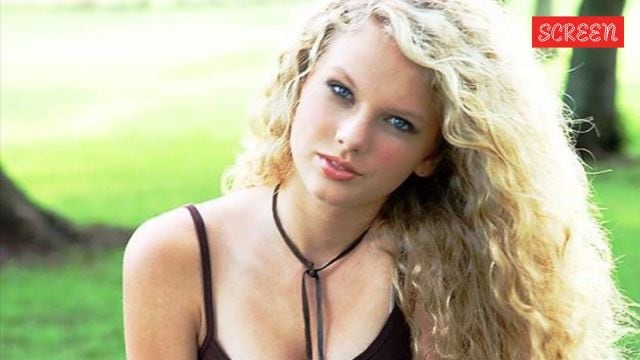 Taylor Swift’s debut turns 19—music hasn’t been the same since.
Taylor Swift’s debut turns 19—music hasn’t been the same since.Taylor Swift has changed the pop culture game for the foreseeable future. Today, she’s the force even presidential hopefuls wait on for an endorsement, given her influence on youth and the massive power she holds to sway millions with one powerful post. But her rise wasn’t some overnight sensation with one song blasting off the charts. It’s been 19 years already since the “Cruel Summer” singer stepped into the business, and while many know her early songs were bedroom tracks she wrote in high school—over breakups and the chaos of growing up—it didn’t just catch a label’s eye that easily.
 Before the Grammys, before the record-breaking tours, before she was Taylor Swift, she was just an eleven-year-old knocking on the doors of Nashville, the place she now calls home. Her refusal to sing anything she didn’t write made her walk away from multiple deals… until the right one came along, Scott Borchetta’s Big Machine Records. 19 years ago today, Taylor Swift released her first single “Tim McGraw”.
Before the Grammys, before the record-breaking tours, before she was Taylor Swift, she was just an eleven-year-old knocking on the doors of Nashville, the place she now calls home. Her refusal to sing anything she didn’t write made her walk away from multiple deals… until the right one came along, Scott Borchetta’s Big Machine Records. 19 years ago today, Taylor Swift released her first single “Tim McGraw”.Also read: Body found near Taylor Swift’s home identified: Who was Eric Wein, the 13th victim of the Rhode Island’s serial killer havoc?
When 11-year-old Taylor Swift knocked on doors, clutching her demo CDs
Taylor Swift was just eleven when her parents, Scott and Andrea, realised their daughter was different. They sold their family home in Wyomissing, Pennsylvania, and moved to Tennessee to be closer to Nashville, the land of country music. Her father took a job there, and her mother gave up her own career to manage Swift’s. They would watched her fill notebooks with lyrics and perform at county fairs, all for one shot at Music City. Swift soon flew to Nashville with demo CDs, singing karaoke tracks that, in her own words, made her sound like a chipmunk. Her mom stayed in the car with her younger brother while Swift went door to door on Music Row asking for a record deal. “‘Hi, I’m Taylor. I’m eleven. And I want to be a country music singer. Could you please pass my CD to the right person?”—that’s how she introduced herself.
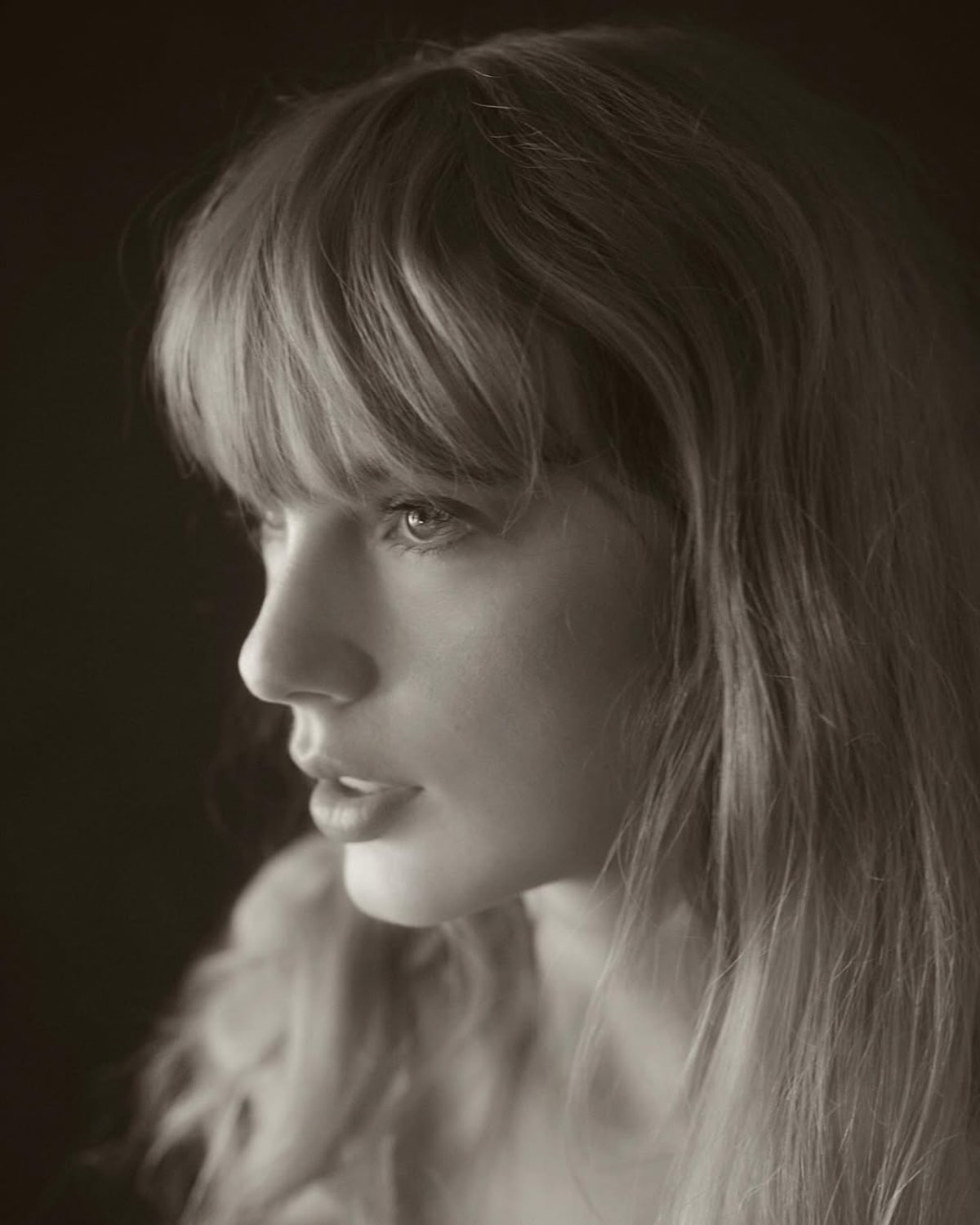 Taylor Swift at the photoshoot for her album The Tortured Poets Department.
Taylor Swift at the photoshoot for her album The Tortured Poets Department.
Nobody called back. Some even shut their door, saying ‘girls won’t make it’, but rejection didn’t crush her. She came back home, realised karaoke wouldn’t cut it, and picked up a 12-string guitar. Her parents said her hands were too small for it, but she practised till her fingers bled, taped them up, and kept going. By 12, she had already written “The Outside” and a Christmas song that ended up on her early releases.
Taylor Swift walked out of the RCA deal
At 13, Taylor Swift landed a development deal with RCA. A big breakthrough was on the line, but when they wanted her to record songs she didn’t write, she walked away. The now 14-time Grammy winner was dead set on only singing what she wrote. Soon after, she signed with Sony/ATV Publishing, becoming the youngest to do so in Nashville. Taylor’s middle school days were rough, while other kids talked about quizzes, dressed up, and played around, she wrote music. She once said industry rejection felt kinder than what she faced in middle school.
When she met Scott Borchetta, he wanted to sign her, but had just left Universal. She signed anyway. No big building, no fat budgets, Swift and her mom used to sit on the floor stuffing promo CDs into envelopes for radio stations. Back then, Swift was hands-on with a social media platform called MySpace, pre-Instagram, pre-Twitter era, replying to fans herself. When her first single didn’t hit on radio, she took it online. Her page blew up. Her team used that fan response to prove to the radio that the audience was already there. Even after breaking through, she stayed close to her fans, signing autographs until the last person went home smiling. By 2008, she wasn’t just opening for Rascal Flatts, she was outselling most of the industry. Her mom said, “She never once said she wanted to be famous. Her happiest moments are after writing a killer song. If that’s where she finds joy, she’ll be just fine.”















